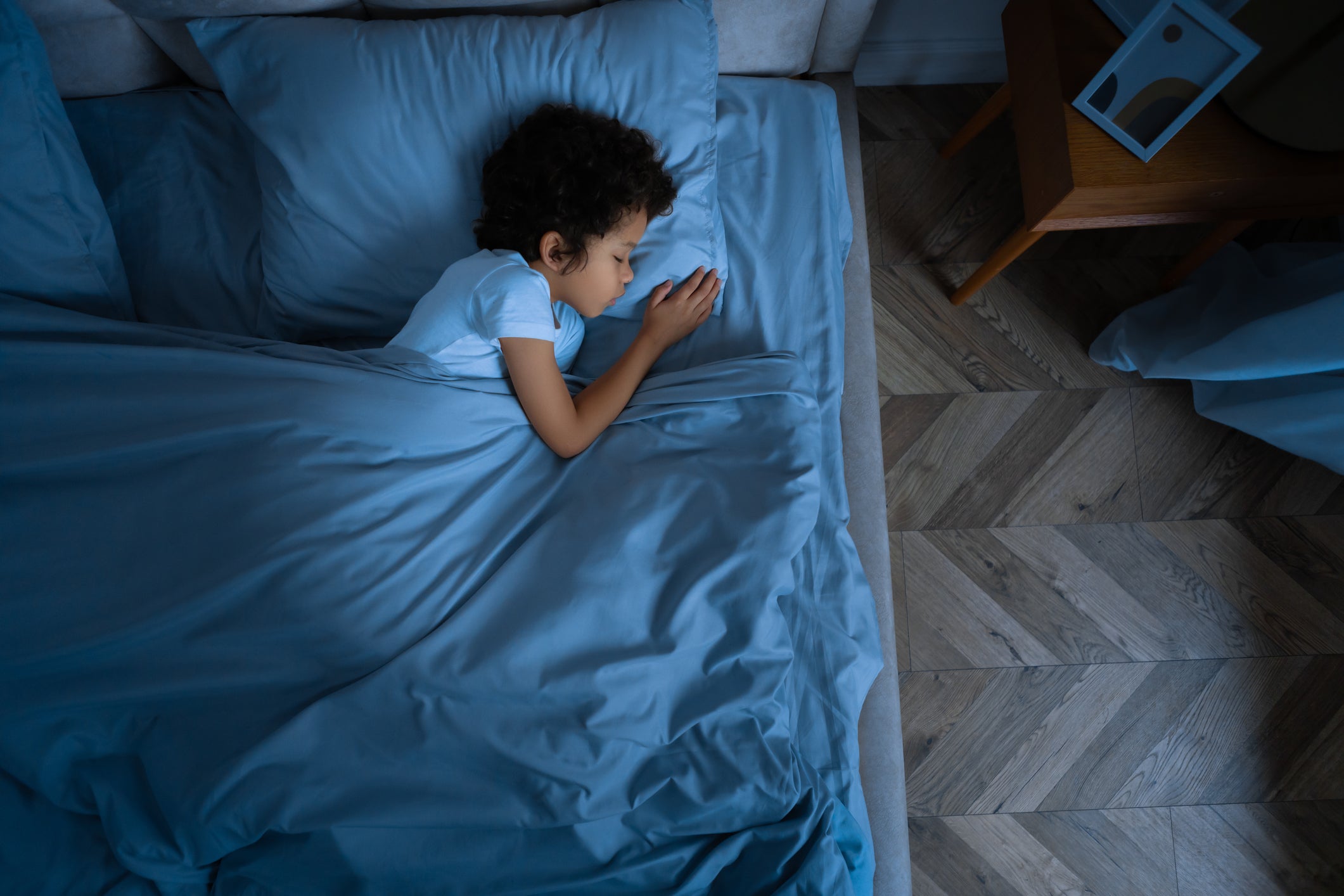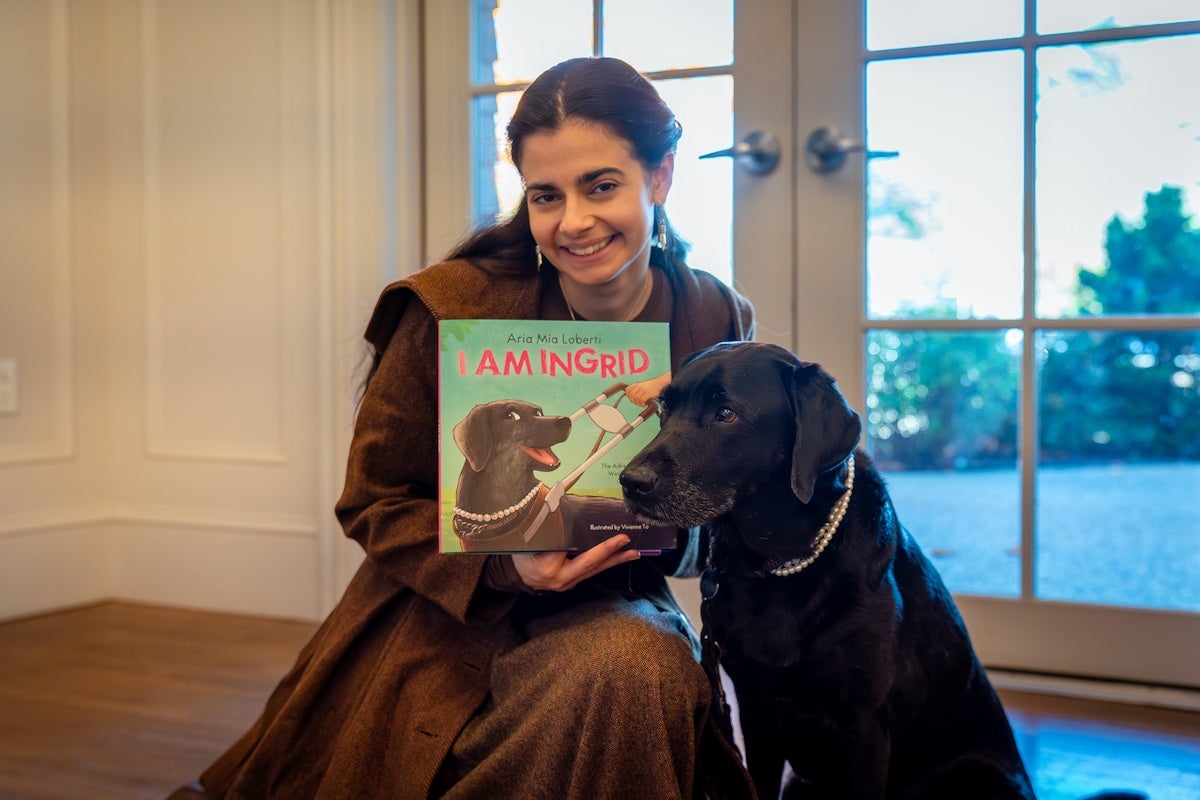Researchers from URI find no evidence to justify ‘cocoon therapy’ for pediatric concussions
KINGSTON, R.I. – Oct. 22, 2025 – Through the 1990s and early 2000s, guidelines for treating a concussion called for complete mental and physical rest. Current guidelines recommend a gradual resumption of cognitive and physical activity while consistently remaining engaged in typical daily activities as much as possible, but many clinicians are still following outdated guidelines and are advising patients to avoid sensory stimulation and activity following a concussion.
“Some providers likely misinterpret ‘rest’ as calling for total sensory deprivation—dark room, no reading, no screen time—rather than minimizing activities that worsen symptoms, but maintaining light engagement in normal routines,” said Nathan Cook, assistant professor of psychology in the University of Rhode Island’s College of Health Sciences.
Cook led a team of researchers from URI in a study to find published evidence supporting restrictive approaches for treating pediatric concussions, an approach that became known as “cocoon therapy” or “cocooning.” The results of their research is published in a peer-reviewed article in the Journal of Pediatric Neuropsychology in October.
The URI study focused on pediatric concussions, as opposed to concussions in adults. Prior to joining the URI faculty in fall 2024, Cook—whose expertise is in pediatric neuropsychology—worked in the Massachusetts General Hospital Sports Concussion Clinic, which provides care for children, adolescents, and college-aged young adults who have sustained concussions.
“At Mass General, I provided treatment for countless individuals with concussions and heard many times that they had been counseled to ‘cocoon’ and to avoid sensory stimulation and cognitive activity,” said Cook. “We now know that overly restrictive approaches can increase stress, fuel symptom hypervigilance, and disrupt the natural return to normal routines. In some cases, this kind of advice can lead to iatrogenic effects, where the prescribed management worsens outcomes rather than improves them.
“Imagine being a parent whose child just suffered a concussion—you’re anxious, uncertain, and desperate to help them heal,” said Cook. “Then you’re told to isolate your child in a dark room, to prevent them from going to school, seeing friends, or even using a screen. That kind of guidance can feel alarming, even frightening. It sends a message that the brain is so fragile it must be completely shut off from the world to recover. But that advice not only lacks evidence—it may delay recovery.”
According to Cook, official concussion guidelines shifted from 2015–2020 toward “active rehabilitation,” which involves gradually increasing the level of physical and cognitive activity and remaining engaged in typical daily activities and routines as much as possible.
The research team hand-searched four academic databases for peer-reviewed research studies that included predominantly children and/or adolescents who sustained concussions and were specifically told, advised, or prescribed some form of restrictive or avoidance-based treatment.
Of the 52 full-text articles evaluated, nine studies met the criteria for inclusion in the research team’s analysis. The studies were conducted in the United States and published between 2012 and 2022. Four of the studies included overlapping samples. The seven unique samples included 646 youth. None of the studies mentioned the use of “cocoon therapy” by name or the use of a dark room, bed rest, or sensory deprivation.
Yet the question remains, if concussion guidelines were updated from 2015–2020 and research studies haven’t shown that “cocoon therapy” is effective, why is it still being recommended by healthcare providers?
“Unfortunately, there is a knowledge-to-practice gap, leaving some clinicians slow to adapt to updated guidance,” stated Cook. “I believe that continuing to recommend ‘cocooning’ reflects habitual practice patterns or reliance on outdated guidelines rather than deliberate opposition to evidence. Further, some providers may recommend these strategies out of an abundance of caution, worrying that too much stimulation could worsen symptoms or lead to slower recovery somehow.”
Cook suggested that taking an approach that is overly cautious could have adverse effects.
“It can backfire, as prolonged inactivity often slows recovery, increases anxiety, and reinforces avoidance behaviors, which can further contribute to prolonged symptoms and problems,” said Cook.
The professor recommends that patients seek advice from providers who are well-versed on current, scientifically supported treatment methods.
“Many clinicians who see concussed patients, such as those who work in primary care, urgent care, or emergency settings, may not specialize in brain injury or sports medicine,” said Cook. “Without access to continuing education or specialized concussion networks, their information may come from older materials or anecdotal experience.”
Cook said official concussion guidelines currently include:
- Continuing typical activities of daily living
- Engaging in aerobic exercise below the level that would provoke symptoms, such as light walking or pedaling a stationary bicycle
- Gradually increasing exercise intensity as symptoms improve
“These approaches are supported by growing evidence that aerobic exercise can hasten recovery and are now considered standard best practice for pediatric concussion management,” said Cook.
Latest All News
- All about IngridAria Mia Loberti '20 visited the URI Child Development Centers to teach preschoolers about a guide dog's impressive skills and special relationship with their human, the subject of her book, I Am Ingrid.
- Aria Mia Loberti teaches URI preschool students impressive skills, special relationship of a guide dogKINGSTON, R.I. — Oct. 28, 2025 — How can your dog tell you what the letters on the buildings’ signs are? Why does your dog wear a special harness? Why do dogs poop and pee? University of Rhode Island graduate, actor, advocate, and newly published author Aria Mia Loberti ’20 patiently fielded myriad questions from […]
- Study by URI physics professor may lead to improved networked quantum sensingKINGSTON, R.I. – Oct. 28, 2025 – Could global positioning systems become more precise and provide more accurate details on distances for users to get from point A to point B? A study by University of Rhode Island assistant physics professor Wenchao Ge in collaboration with Kurt Jacobs, a physicist of quantum tech with the […]
- URI offers new online certificate in Community PlanningKINGSTON, R.I. – Oct. 27, 2025 – There is increasing workforce demand for community planners who are equipped to address complex environmental, social, and economic problems, and the University of Rhode Island’s Department of Landscape Architecture has designed a flexible new program to prepare both working professionals and current students to meet those needs. Offered […]
- University of Rhode Island faculty members named to Stanford University’s Top 2% Scientists 2024 listKINGSTON, R.I. – Oct 27, 2025 – Two dozen University of Rhode Island faculty members, across a broad range of disciplines, have been recognized by Stanford/Elsevier as being among the world’s top scientists and most influential researchers. Stanford University’s Top 2% Scientists list is considered the most prestigious in the world. The listing is based […]
- ‘Dr. IndigiNerd’ Lee Francis IV to share Native pop culture history at upcoming URI Humanities lectureKINGSTON, R.I. – Oct. 27, 2025 – Indigenous and Native people have played significant roles in global popular culture for more than four centuries. In that time, images and representations of Native American and North American Indigenous Peoples have permeated the collective consciousness around the world, from early portrayals of the “Noble Savage” through the […]













